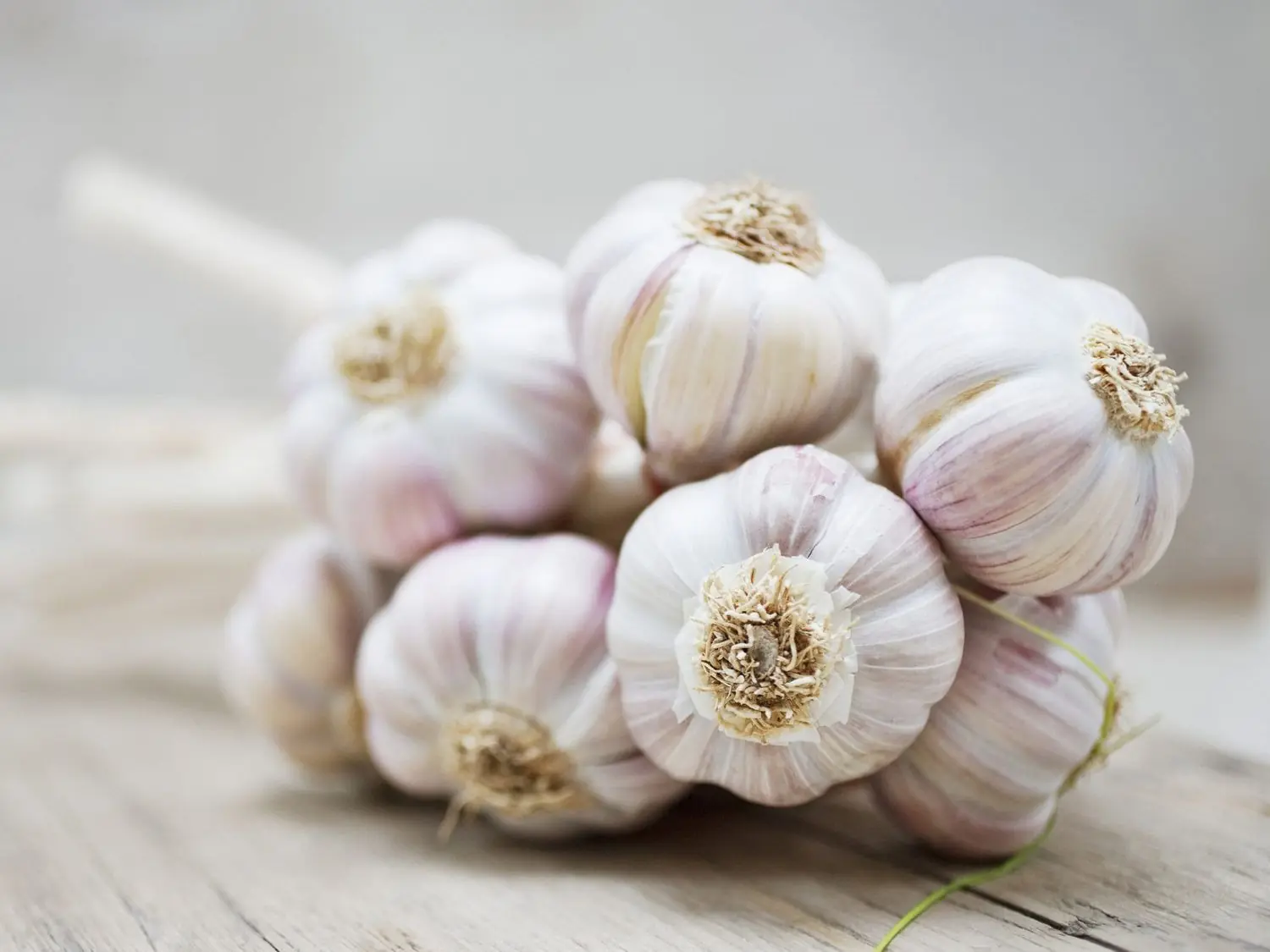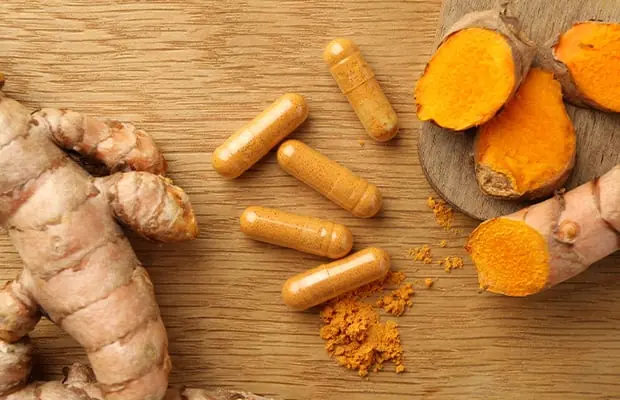
Healing Power And Important Safety Tips Of Castor Leaves

The castor oil plant, Ricinus communis, originates from the tropical regions of Africa but has since spread worldwide due to its wide range of uses. While most people are familiar with the plant's seeds, which are processed to make castor oil, the leaves of the castor plant also hold valuable medicinal properties that have been used in traditional medicine for centuries.
Benefits of Castor Leaves:
Medicinal Properties:
Castor leaves have been historically recognized for their ability to treat a variety of health issues. They are commonly used to address digestive problems such as constipation and indigestion. Additionally, the leaves possess anti-inflammatory qualities, making them effective in reducing swelling, especially in cases of arthritis and joint pain. Castor leaves are also believed to improve skin health by promoting healing and moisturizing, and they have been used to treat hair conditions like dandruff and scalp infections.
Traditional Uses:
Castor leaves have a long history of being used in traditional medicine for a variety of ailments. They are often applied to alleviate stomach pain, thanks to their soothing and anti-spasmodic effects on the digestive system. The leaves are also used to combat fevers, the flu, and infections due to their antiviral and antimicrobial properties. Furthermore, castor leaves are utilized in wound healing, often applied as poultices to accelerate the healing of cuts, burns, and abrasions.
Precautions and Considerations:
Toxicity:
While castor leaves offer numerous health benefits, they must be used with caution due to the potential toxicity of the plant. Castor seeds contain ricin, a highly toxic substance that can be lethal even in small quantities. Although the ricin concentration in castor leaves is much lower, it is still important to handle them carefully. While the risks associated with the leaves are not as immediate as those of the seeds, caution is still advised to prevent any potential harm.
Topical Use Only:
Given the presence of potentially harmful compounds, castor leaves should only be used externally. They can be applied safely to the skin in the form of poultices or compresses, but ingesting castor leaves or their extracts can cause severe poisoning. It is critical to avoid internal use of the leaves unless under the supervision of a healthcare professional.
Medical Consultation:
As with any natural remedy, it’s essential to consult a healthcare professional before using castor leaves for medicinal purposes, particularly for individuals with existing health conditions, pregnant women, or those on medications. A doctor or herbalist can offer important advice on the appropriate use, dosage, and any possible interactions, ensuring that the castor leaves are used safely and effectively.
Conclusion:
Castor leaves have a rich history of use in traditional medicine, praised for their therapeutic properties in treating digestive issues, inflammation, and skin and hair concerns. However, despite their many benefits, it is important to use them cautiously due to the potential toxicity of the plant. Always consult a medical professional before using castor leaves for medicinal purposes, and remember to apply them topically, not ingest them. With proper precautions, castor leaves can be a valuable addition to your natural remedy collection, supporting health and well-being in a safe and effective manner.
News in the same category


10 Early Warning Signs Your Blood Sugar Is Way Too High

If Your Legs Cramp at Night You Need to Know This Immediately

Warning Signs Your Body Is Full of Parasites and How to Effectively Eliminate Them Naturally

Warning Signs of a Parasite Infection And How to Eliminate It for Good

What Raw Garlic Can Do for Your Health Is Truly Unbelievable

5 Common Deficiencies That Can Mess With Your Mood, Energy, and Health

Diabetes Tied to Slower Brain Recovery After TBI

Neuropathic Pruritus Has High Comorbidity Burden, Varied Treatment Responses

Unlock Your Body's Healing Potential: The Power of Reflexology for Pain Relief and Wellness

Medicinal Health Benefits of Turmeric, Curcumin and Turmeric Tea Based on Science

How to Use Tea Bags to Fight Acne, Cold Sores, Warts, Puffy Eyes, Bruises and More

How to Treat H. Pylori (Helicobacter Pylori) Naturally Without Antibiotics

12 Warning Signs Your Blood Sugar Might Be Too Low

Be Careful If You’re Farting More Than 25 Times a Day—It Might Be a Sign Your Body is Trying to Warn You

10 Warning Signs Sugar Is Slowly Wrecking Your Body

10 Cancer Warning Signs Women Often Overlook

Breakthrough Male Contraceptive Injection Offers Alternative to Condoms and Vasectomy

This One Superfood Could Tackle Major Health Issues—Here’s What You Need To Know
News Post

You Can Adopt Puppies That Were ‘Too Friendly’ to Become Police Dogs

A Nigerian Scientist Developed a High-Tech Cancer-Detecting Goggles That Help Surgeons Spot Cancer Cells More Accurately.

Final straw that led to billionaire CEO's desperate escape from Japan inside 3ft box

Mutant deer with horrifying tumor-like bubbles showing signs of widespread disease spotted in US states

'Frankenstein' creature that hasn't had s3x in 80,000,000 years in almost completely indestructible

Scientists discover ultra-massive 'blob' in space with a mass of 36,000,000,000 suns

When a Washing Machine Shows 7kg, 8kg, or 10kg, Is That the Weight of Dry or Wet Clothes? The Real Meaning Behind These Numbers Is Something That Few People Know

Place a Bowl of Salt in the Fridge: A Small Trick, But So Effective — I Regret Not Knowing It for 30 Years

If Your White Walls Are Dirty, Don’t Clean Them with Water — Use This Trick for a Few Minutes, and Your Wall Will Be as Clean as New

Bubble Wrap Has 4 Uses 'As Valuable as Gold' — But Many People Don’t Know and Hastily Throw It Away

3 Ways to Prevent Snakes from Entering Your House: Protect Your Family

5 Household Devices That Consume More Electricity Than an Air Conditioner: Unplug Them to Avoid Skyrocketing Bills

How a Common Kitchen Powder Can Help Your Plants Thrive and Bloom

How to Effectively Clean Black Mold from Your Refrigerator Gasket in Just 5 Minutes

10 Early Warning Signs Your Blood Sugar Is Way Too High

If Your Legs Cramp at Night You Need to Know This Immediately

Warning Signs Your Body Is Full of Parasites and How to Effectively Eliminate Them Naturally

Warning Signs of a Parasite Infection And How to Eliminate It for Good

What Raw Garlic Can Do for Your Health Is Truly Unbelievable
